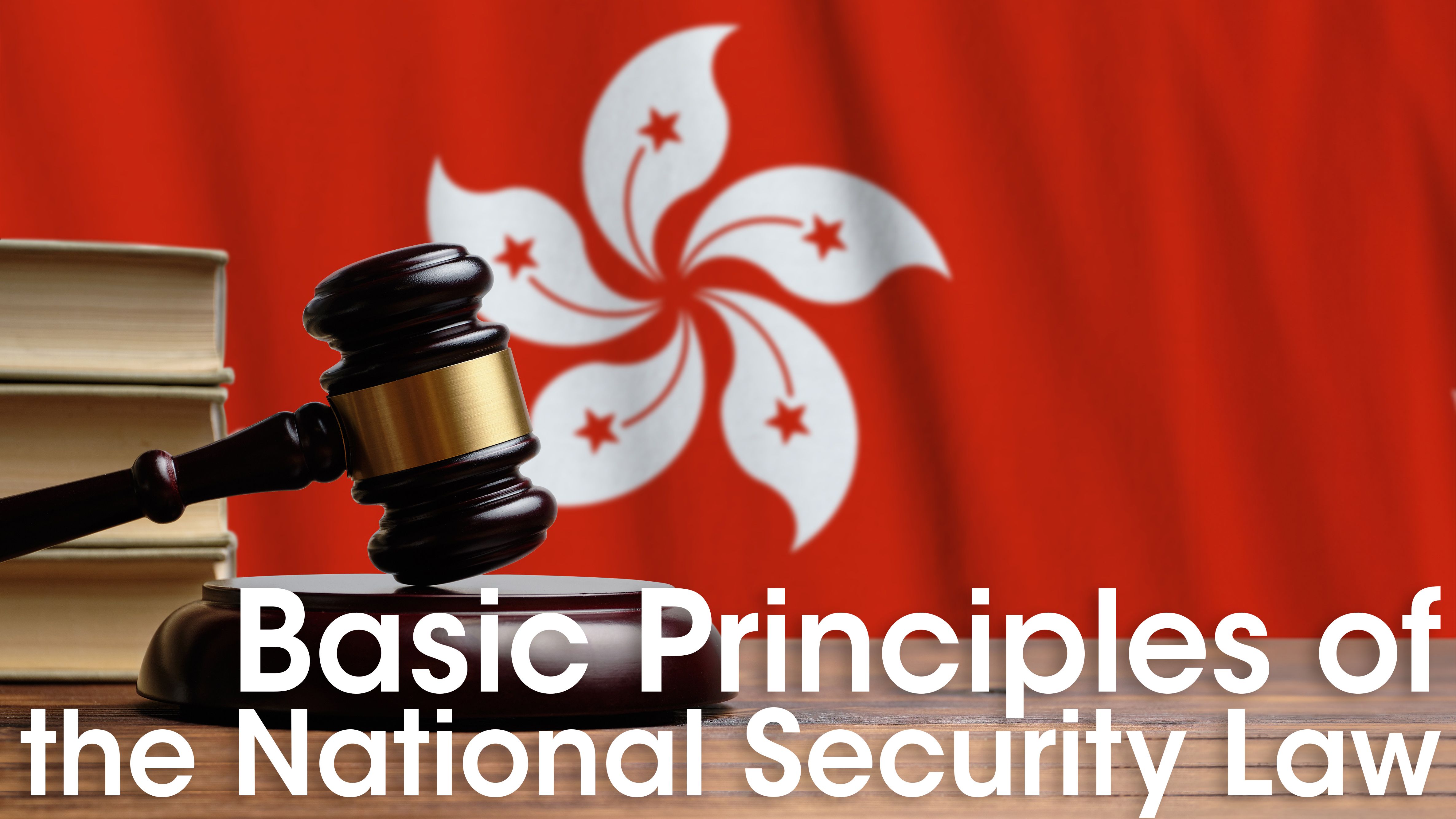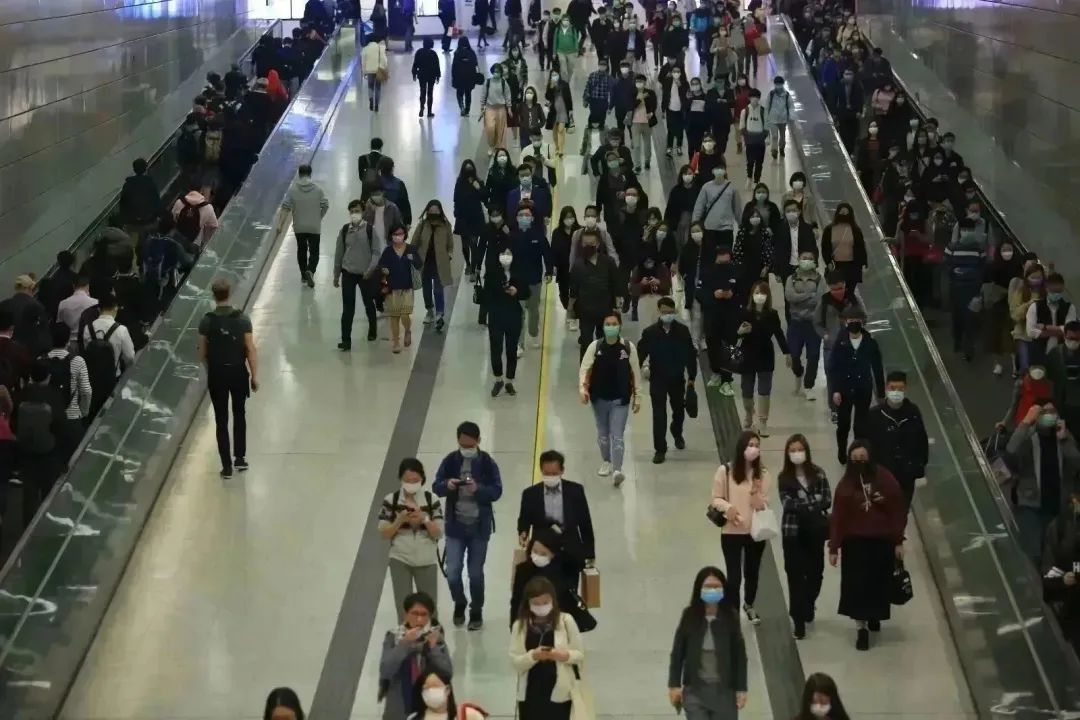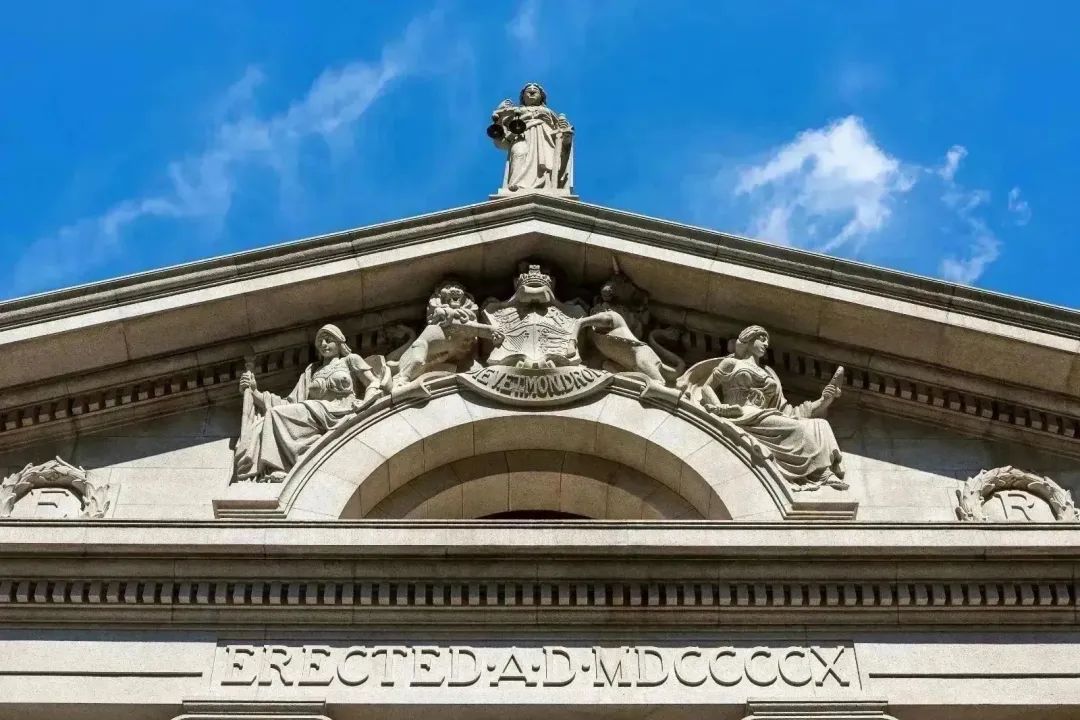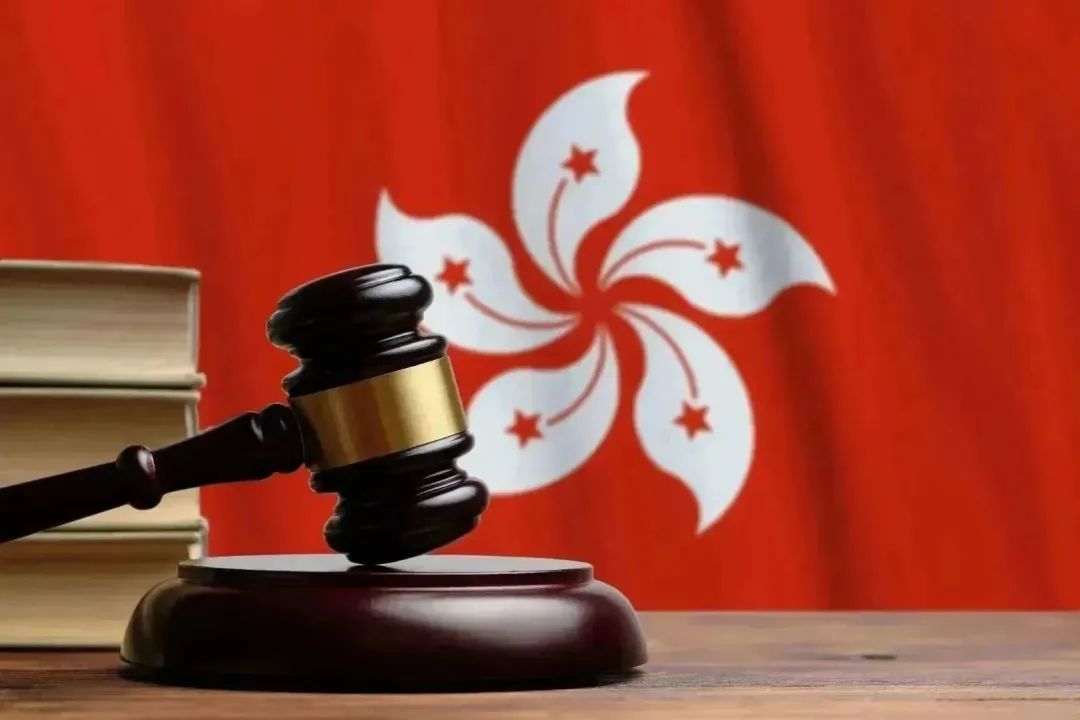
The National Security Law (NSL), officially the Law of the People’s Republic of China on Safeguarding National Security in the Hong Kong Special Administrative Region, covers aspects such as the protection of human rights, the rule of law, and privacy protection.
Protection of Human Rights Principle (Article 4 of NSL)
Respects and protects Hong Kong people’s rights and freedoms under the Basic Law as well as the provisions of the International Covenant on Civil and Political Rights and the International Covenant on Economic, Social and Cultural Rights.

The Rule of Law Principle (Article 5 of NSL)
Provides specific principles embodied in the criminal justice field, fully demonstrating the value of the rule of law.
1. Principle of Legality: Conviction and sentencing of crimes should be well defined in the law.
2. Presumption of Innocence: A person is presumed innocent until convicted by a judicial body.
3. Right to a Fair Trial: The rights of the defence, such as the right to be informed of and to investigate the facts and evidence of a case, shall be protected.
4. The Rule Against Double Jeopardy: No one shall be liable to be tried again for an offence for which he or she has already been finally convicted or acquitted in judicial proceedings.

Non-Retrospective Principle (Article 39 of NSL)
The NSL will not be used to penalise illegal acts conducted before its implementation.

Privacy Protection Principle (Article 63 of NSL)
Article 63 of the NSL stipulates that all parties to a case have an obligation to protect privacy in the process of handling the case.

The NSL and its Implementation Rules stipulated strict statutory powers and procedures. Whether conducted by the Central People’s Government or the Hong Kong Special Administrative Region, any work or law enforcement related to safeguarding national security must strictly adhere to legal provisions, comply with statutory powers, and follow prescribed procedures. It must not infringe upon the legitimate rights and interests of Hong Kong residents, legal persons, and other organisations.
These requirements for safeguarding national security form an intrinsic part of the NSL and serve as guiding principles. However, to ensure fundamental rights are being protected, it is necessary to first safeguard national security and territorial integrity. When international or domestic crises arise and the normal constitutional order is disrupted, the foundation for safeguarding basic rights is also at stake.